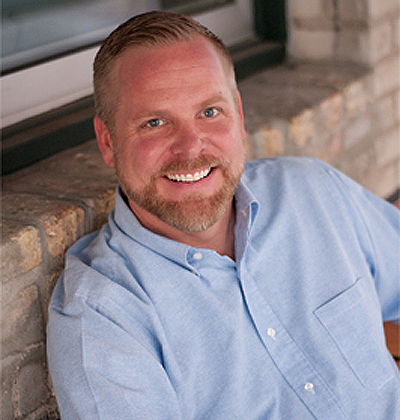I’ve been working on a new project recently that has challenged me to be flexible and agile—I’ve had to rethink my process for a task that I’ve known how to do for years.
With routines having shifted dramatically due to the COVID pandemic, we’re all having to be flexible and agile in our approach, even for work that we may’ve been doing the same way for a long time.
From a professional perspective, the project was going quite well. But I had a personal problem that caught me by surprise: I was dealing with the dreaded D-word.
Doubt.
You know, that pesky internal critic? Yes, that’s the culprit.
One moment things were going swimmingly. And then the next, doubt stepped in and changed everything.
“Why aren’t things working the same way? Why aren’t people responding like they used to? Do you even know what you’re doing?”
Suddenly, my confidence was replaced by questioning and my creativity covered by criticism. And it was all my own doing. It was all in my mind.
Then it got worse.
At one point, my doubts squeezed my brain so tightly that it completely shut down my creativity all together. I was running purely on tactical logic.
It was then that I knew I was in trouble.
Knowing that doubt is a form of fear and that fear is a natural signal that I need to pay attention to something, I wanted to understand why my doubts were lingering so long. What were they trying to tell me?
And then, finally, my internal coach kicked in. It was time to take action.
I decided that I’d had enough stinkin’ thinkin’ and started meditating every morning—something I had done regularly in the past but had let fall by the wayside.
I knew from experience that whenever I’d start my day from a quiet place, I was able to hear the truth that came from my heart and not the fears coming from my head.
After a few days of morning meditation, my chronic thoughts began to subside along with my doubts.
I found the only way to conquer my doubts was to open my heart, accept that circumstances have changed, and embrace this as a time of learning.
I had turned a corner and in the process, learned something new: It was time to face my doubts with a newfound curiosity instead of resistance.
Once I realized I could calm my thoughts and reconnect with my knowing and trusting heart, the doubt began to dissipate. And soon my confidence and clarity returned.
Having trouble with the dreaded D-word? Here are a few tips:
Find the doubt. Unsure how to start? Then begin within. Whichever type of meditation or common calming practice you use will work—exercise, deep breathing, prayer, yoga—it’s all good. Just find a quiet space to calm yourself, connect with your feelings, and notice where doubt is showing up.
Get it out. Writing and speaking about your feelings helps to process doubt and get it out. When we express our doubts and name them, we’re able to deal with them. Talking with a trusted friend or family member can also help. When in doubt, reach out.
Replace doubt with acceptance. Doubt and fear create empty spaces that can be replaced with knowledge and wisdom. Once the doubt diminishes, belief and acceptance will take its place in the form of new experiences and insights. Defeating doubt creates opportunities for new growth.
Deal with doubt. Once you’ve learned to identify how it feels when doubt creeps in, you can start building best practices to catch your doubts earlier. Then it becomes easier to avoid going down those roads in the future. When we’ve “been there, done that,” it’s easier to not repeat the same patterns.
Find the benefit of the doubt. We can learn a lot from our doubts when we realize that they’re either protecting us or they’re helping us learn new things. Use doubt as an opportunity to see where you can learn to be more loving, forgiving, and accepting of yourself.
Trust. And finally we get to the opposite of doubt: trust. Within our doubts are powerful gifts reminding us to love and trust ourselves and all that we do. And once we’re able to trust ourselves, we’re able to trust others as well. Doubt teaches us that trust is possible—we just need to trust the process.
Michael Thomas Sunnarborg is a life transition coach, best-selling author, and founder of The White Box Club™ — live coaching and resources for people in career transition. Find his syndicated blogs on Thrive Global, Medium, and The Huffington Post. Learn more at connect.michaelcreative.com
Image: Pixels.com


